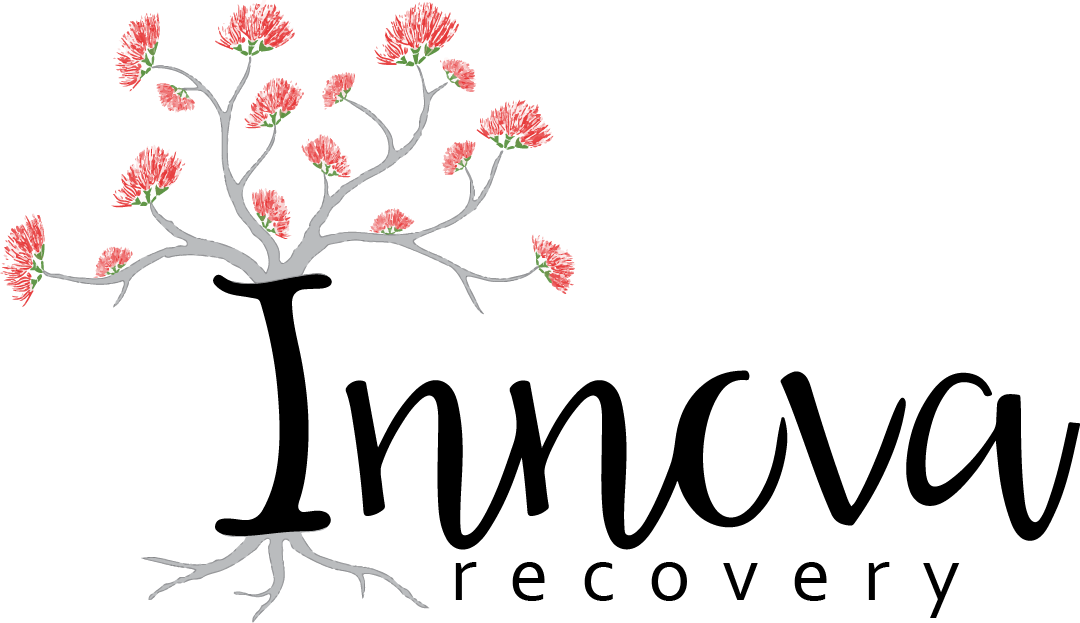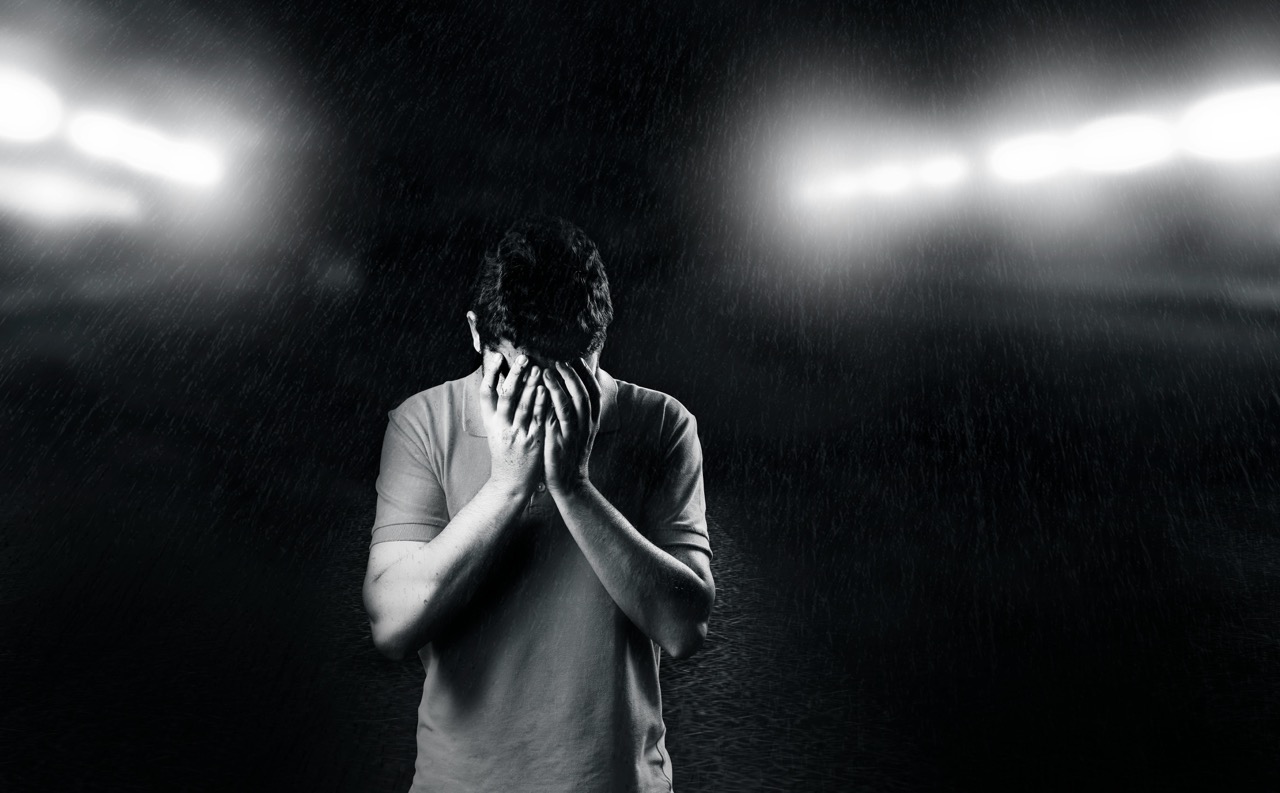1:3 girls and 1:5 boys are sexually molested by age 18. This means that roughly 20% of our population has had sexual abuse as a child. Up to 20% of those who have served in Iraq/Afghanistan have PTSD, in addition to the others who have symptoms that are not fully diagnosable. Over all, we have a significant part of our population that is at high risk to be triggered by masks.
If someone had their mouth covered while being raped, a mask brings up those same feelings. A mask also resembles a hijab, a face covering commonly seen in the Middle East, which is triggering for those who have served in the military. Those with a trauma history are already hyper vigilant, depending on reading peopleʼs facial cues to determine social safety, or someoneʼs general feeling of safety in a social situation.
Essentially, we must remember that mental health is JUST AS IMPORTANT as physical health. It is up to each individual to assess and prioritize their own health to determine how to best keep themselves safe. For some, having their mouth covered puts them at HIGH RISK for panic attacks, flashbacks, increased nightmares, and major depressive episodes. These things can take months to crawl out of and are not to be taken lightly by someone fighting a daily battle against their own anxiety. We cannot judge their decision as being reckless to physical safety any more than they can judge someone elseʼs based on recklessness to their mental stability. Additionally, someone should not have to disclose their trauma history to justify why they cannot wear a mask. Can you imagine having to share the worst memories of your life to be able to walk into Target?
Have grace. Everyone is fighting their own battle and we donʼt get to determine who their biggest enemy is.












